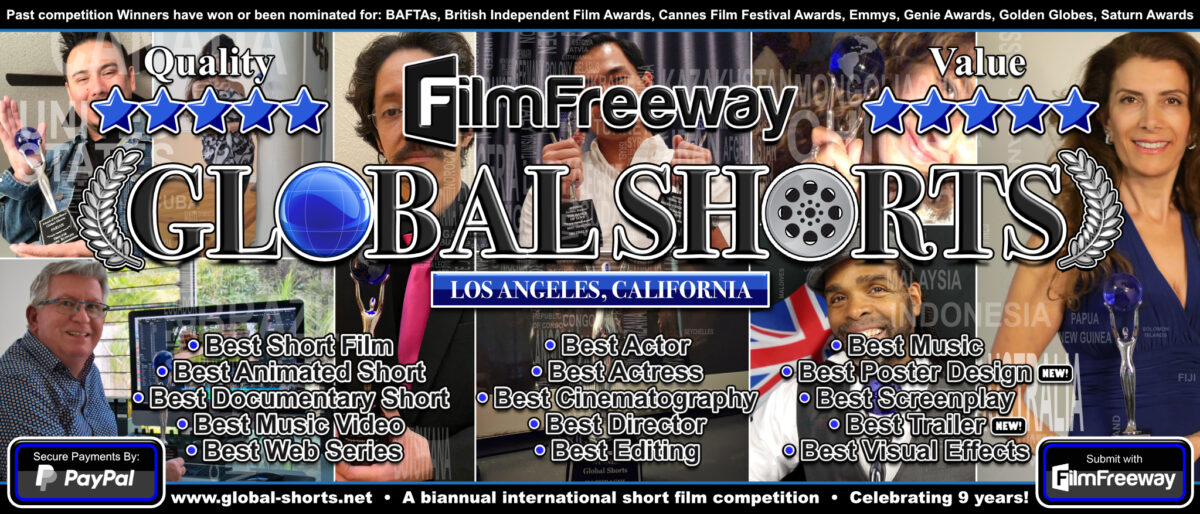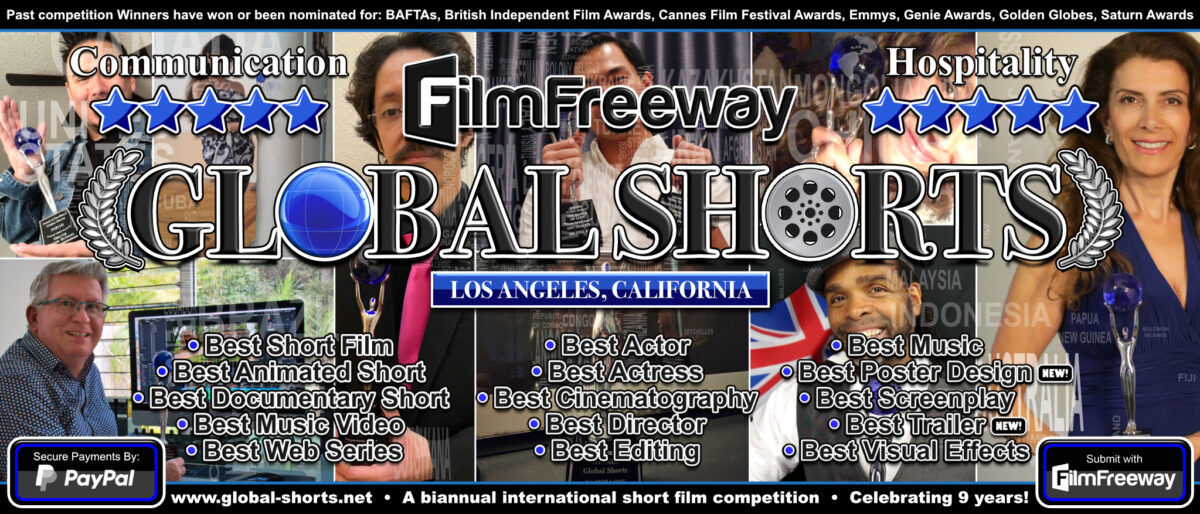GS: What was the inspiration for your film?
LD, KE, WM: The inspiration for the film comes from 3 main places for us. First and foremost we are always looking to widen the representation of women and women of color, so anytime we’re telling a story and putting it out to a national audience, we are an act of resistance.
For this particular story, we were inspired by the complicated relationships between mothers and daughters, now that we are both. It’s the story of very American Latinas who live in an affluent distinctly American life, yet, still connected to their Santera roots, which is a West African and Caribbean-based religion. It’s usually portrayed in a dark light, but with our sense of comedy and break from the stereotype it’s weaved into the storytelling in a way that hasn’t been seen before in film.
GS: When did you conceive the idea for your film and how long did it take before it was realized?
LD, KE, WM: It was conceived about a year before we went into production. We began the pre-production process in April/May 2018 and then filmed for four days in August 2018.
We had an incredibly insightful creative producer who was able to guide us in the pre-production phase in a really efficient way. He then really guided the post-production process as well. We were able to turn everything around and premiered in our first festival the following April 2019.
GS: What was the most challenging aspect of working in a short film format?
LD, KE, WM: The most challenging aspect in the writing is really how to make a story as clear as possible. It’s such a short format and there’s not room for B and C storylines, it’s an exercise in “what do you really want to say”. But once you find it, it’s fun then to see the different ways in which that can manifest visually.
You have a small budget usually and it’s more about how we maximize the creativity of the designers and crew with the resources we have.
GS: What was the most challenging aspect of your production?
LD, KE, WM: The most challenging aspect of production I think was the post-production process. As actors before we were filmmakers, we were not prepared for how tedious and how long the process would be and feel like. From the music and the sound (which are two different things btw, lol), to the color correction, to the flow of the story you’re telling. You have to be willing to kill a lot of darlings in the process, so that you don’t have a 100 minute short film, and so that your story is clear to the audience.
GS: Do you have any advice for first-time filmmakers?
LD, KE, WM: Phew…so much!
– Work on that script, work on that script, work on that script. It is never “done”. Keep asking yourself that questions, “What do I want to say? “Is my story clear? Does it have an arc?”.
– Find a great producer! If nothing else, spend your money for your producer, your DP, your sound engineer. But the producer will help you think of things you hadn’t thought of, will find ways to get your vision with the reality of the budget you have. A good producer will help answer the question “what do I want to say?” and will help you physically accomplish that and knows what it takes to achieve it.
– Really spend some time thinking about your resources and the people you know from all different walks, i.e. that stand-up producer that’s maybe

